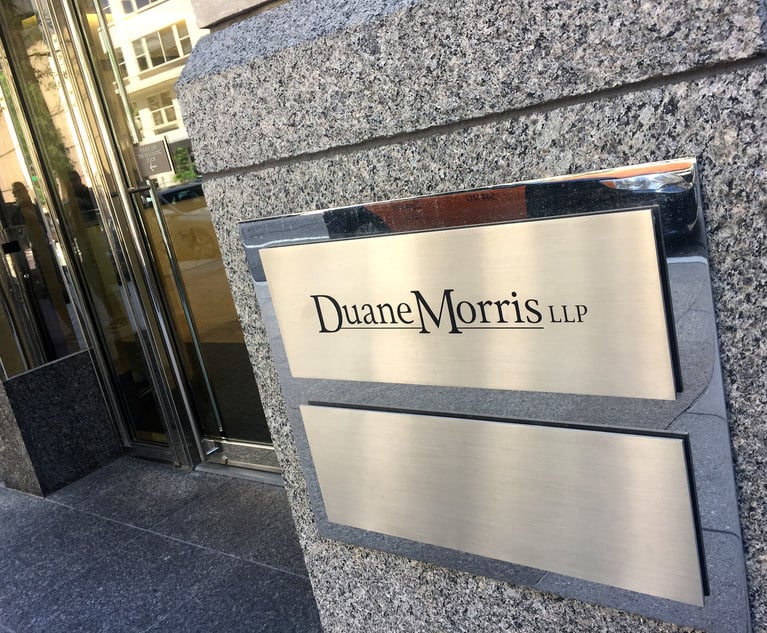Welcome back to Ahead of the Curve. I’m Karen Sloan, legal education editor at Law.com, and I’ll be your host for this weekly look at innovation and notable developments in legal education.
This week, I’m looking at the budding field of Law and Macroeconomics and what it takes to establish a new area of legal inquiry. Georgetown University Law Center last week hosted the first ever Law and Macroeconomics Conference. Next up, I’m checking in on Hugh F. Culverhouse Jr., who was at the center of a donor controversy this summer at the University of Alabama. Culverhouse is once again opening his wallet for legal education—this time directing his largesse to the University of Florida Levin College of Law.









